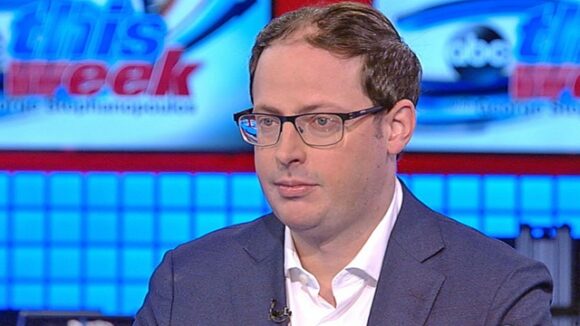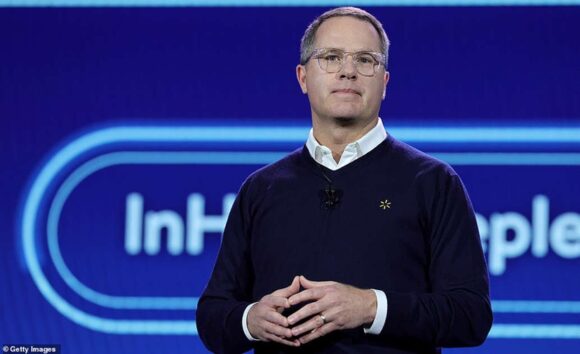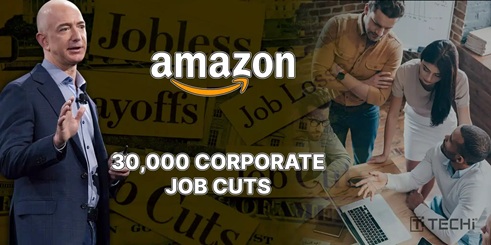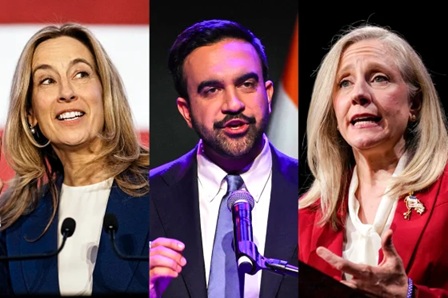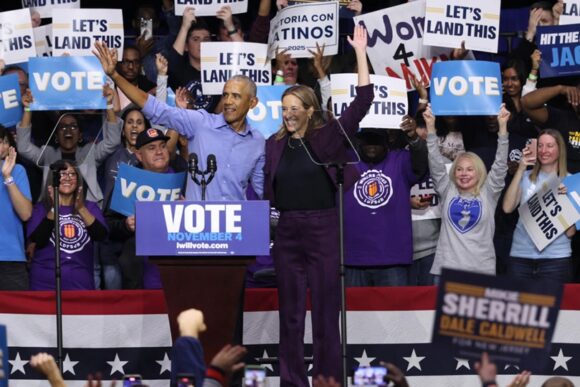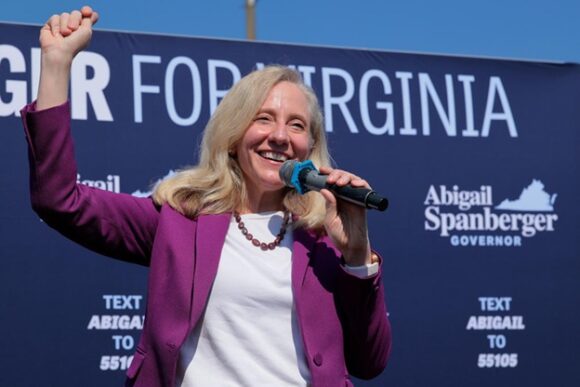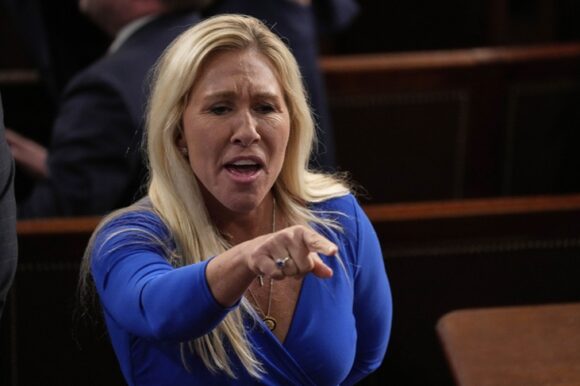Dear Commons Community,
The Federal Aviation Administration said yesterday that it was taking the extraordinary step of reducing air traffic by 10% across 40 “high-volume” markets beginning tomorrow to maintain travel safety as air traffic controllers exhibit signs of strain during the ongoing government shutdown.
The cutback stands to impact thousands of flights nationwide because the FAA directs more than 44,000 flights daily, including commercial passenger flights, cargo planes and private aircraft. The agency didn’t immediately identify which airports or cities will be affected but said the restrictions would remain in place as long as necessary. As reported by The Associated Press.
“I’m not aware in my 35-year history in the aviation market where we’ve had a situation where we’re taking these kinds of measures,” FAA Administrator Bryan Bedford said at a news conference.
Air traffic controllers have been working unpaid since the shutdown began Oct. 1, and most have been on duty six days a week while putting in mandatory overtime. With some calling out of work due to frustration, taking second jobs or not having money for child care or gas, staffing shortages during some shifts have led to flight delays at a number of U.S. airports.
Bedford, citing increased staffing pressures and voluntary safety reports from pilots indicating growing fatigue among air traffic controllers, said he and U.S. Transportation Secretary Sean Duffy did not want to wait until the situation reached a crisis point.
“We’re not going to wait for a safety problem to truly manifest itself when the early indicators are telling us we can take action today to prevent things from deteriorating,” Bedford said. “The system is extremely safe today and will be extremely safe tomorrow. If the pressures continue to build even after we take these measures, we’ll come back and take additional measures.”
He and Duffy said they would meet with airline executives later Wednesday to determine how to implement the reduction in flights before a list of the affected airports would be released sometime Thursday.
Airlines and passengers wait for information
United, Southwest and American all said they will try to minimize the impact on consumers as they cut their schedules to comply with the order.
Calls to the customer service hotlines at United and American were answered within a few minutes Wednesday afternoon, suggesting anxious passengers were not swamping the airlines with questions about the status of their upcoming flights.
In a letter to employees, United CEO Scott Kirby promised to focus the cuts on regional routes and flights that don’t travel between hubs. He said the airline will try to reschedule customers when possible and will also offer refunds to anyone who doesn’t want to fly during this time, even if their flight isn’t canceled.
“United’s long-haul international flying and our hub-to-hub flying will not be impacted by this schedule reduction direction from the FAA,” Kirby said. “That’s important to maintain the integrity of our network, give impacted customers as many options as possible to resume their trip, and sustain our crew pairing systems.”
Airline industry analyst Henry Harteveldt, who is president of Atmosphere Research Group, said he thinks the government may have bungled this announcement by not meeting with airlines first and giving them more time to adjust schedules made months in advance.
“To tell airlines you’ve got 48 hours to rebuild your schedules at 90% of what you’ve got isn’t much time, and it’s going to result in a lot of chaos,” said Harteveldt, who was waiting to hear if his own flight from San Francisco to Dallas on Saturday would be canceled. He added that the Trump administration may be using aviation safety “to force the two sides in Washington back to the negotiating table to resolve the shutdown.”
AAA spokesperson Aixa Diaz advised travelers to watch for flight updates on the airline’s app and airport social media accounts. She also recommended allowing plenty of time at the airport before a scheduled flight.
“It’s frustrating for travelers, because there’s not much you can do. At the end of the day, you either fly or you don’t,” she said.
The cuts could represent as many as 1,800 flights and upward of 268,000 seats combined, according to an estimate by aviation analytics firm Cirium. For example, O’Hare International Airport in Chicago could see 121 of its 1,212 flights currently scheduled for Friday cut if the FAA distributes the reductions equally among impacted airports, Cirium said.
Data shows worsening weekend staffing
The FAA regularly slows down or stops flights from taking off toward an airport for a number of reasons, including weather conditions, equipment failures and technical problems. Staffing shortages also may lead to slowed or halted departures if there aren’t enough controllers and another facility can’t absorb some of the work load.
Last weekend saw some of the worst staffing shortages of the shutdown, which became the longest on record early Wednesday.
From Friday to Sunday evening, at least 39 different air traffic control facilities announced there was some potential for limited staffing, according to an Associated Press analysis of operations plans sent through the Air Traffic Control System Command Center system. The figure, which is likely an undercount, is well above the average for weekends before the shutdown
During weekend periods from Jan. 1 to Sept. 30, the average number of airport towers, regional centers overseeing multiple airports and facilities monitoring traffic at higher altitudes that announced the potential for staffing issues was 8.3, according to the AP analysis. But during the five weekend periods since the shutdown began on Oct. 1, the average more than tripled to 26.2 facilities.
Travel industry joins unions in urging shutdown’s end
Major airlines, aviation unions and the wider travel industry have urged Congress to end the shutdown.
Wednesday’s announcement came on the heels of Duffy warning a day earlier that there could be chaos in the skies next week if the shutdown drags on long enough for air traffic controllers to miss their second full paychecks next Tuesday.
Duffy said the FAA wanted to take a proactive approach instead of reacting after a disaster. He pointed to all the questions that arose after the deadly midair collision in January between a commercial jet and a military helicopter near Ronald Reagan Washington National Airport about why FAA didn’t recognize the risks and act sooner.
“We learned from that. And so now we look at data, and before it would become an issue, we try to assess the pressure and try to make moves before there could be adverse consequences,” Duffy said. “And that’s what’s happening here today.”
Not a good situation! Thank you, Trump!
Tony


